<i>Missoula</i>: College Sports, Rape Culture -- And What Kentucky is Doing About It
If politics and religion don’t make for polite conversation at the dinner table, then it’s hard to imagine any forum where a civil discussion about sexual violence is even possible. Worse, as Jon Krakauer’s latest blockbuster, Missoula (buy here), clearly illustrates, the American judicial system seems singularly ill-equipped on this painful issue to promote justice for all, especially in a sports-crazy college town that eerily evokes a smaller, football-er version of Lexington.
To be fair, our courts may have an unattainable task. On one side is a fundamental, core value of common criminal law: The accused is innocent until truly proven guilty. That’s why the prosecution must prove culpability beyond a reasonable doubt. That’s why defense attorneys are charged with a sacred duty of zealously representing their clients. That’s why William Blackstone famously and influentially opined, “It is better that ten guilty persons escape than that one innocent suffer.”
But on the other side of this literal he-said, she-said balancing act is often times a deeply sympathetic, vulnerable, and heart-breakingly agonized accuser. By biasing the proceedings in the defendant’s favor, the system often necessarily re-victimizes the sufferer, placing on her a sometimes impossible burden to provide unimpeachable proof of the most traumatic and emotionally disruptive moment in her life, putting her character on trial and public display in a horribly jaundiced and disfiguring light. Meanwhile, although modern research reveals that false rape testimony is very rare — estimated between two and eight per cent of all reports — high-profile cases such as the 2006 Duke lacrosse scandal lead many to discount the claims of a legitimate victim.
In the jock-worshipping culture of a university community, as Krakauer explains, it’s even worse. Missoula tells the story of how law enforcement, college administrators and the judicial system handled several dozen sexual assault cases in the college town between 2010 and 2012, many involving players from the über-popular University of Montana Grizzlies football team. While the highly publicized rash of cases prompted a U.S. Department of Justice investigation, Krakauer’s research frighteningly reveals that Missoula is closer to the national norm than an exception.
Depicting a community whose self-image often rests on the shoulders of adolescent athletes (sound familiar?), Krakauer identifies the fan base’s self-preserving instinct to trust its sports heroes, to decry accusers as misguided or worse, and to blame the press for blowing the problems way out of proportion. While victims maintain their anonymity in court documents and mainstream press accounts, web comment sections and social media strip them of their essential privacy rights, and force them to suffer as online targets for hyper-caustic vitriol and physical threats.
In this most hostile of climates, Missoula‘s heroes are the courageous women who step forward with their accusations, understanding the inevitable blowback, but committed to ensuring that others do not suffer the same fate at the hands of potential serial rapists. The bad guys in Krakauer’s tale are less the young defendants — many are depicted as pitifully weak and stupid, instead of monsters — and more the police officers and prosecutors who willfully dismiss or aggressively challenge the women who come forward. If there’s a central villain, it’s ironically a woman: Kristen Pabst, whose victim-skeptic tactics follow her from her role as a mid-level prosecutor to a highly-paid defense attorney, to ultimately her election by football-loving Missoulans as their County Attorney.
Krakauer’s account has been criticized by defense attorneys and Missoula citizens for his unrelenting pro-accuser prejudice — and in many ways, they are right. But Krakauer’s powerful narrative is precisely so brilliant because it forces readers to examine their own biases, and understand how our perspectives on such highly charged issues are deeply shaped by our own personal histories.
I’m certainly not immune. As a crisis management attorney, I’ve represented clients who’ve been accused of violence against women — with no evidence except the accuser’s word — and yet, they are forced impossibly to defend themselves by proving a negative. With a struggling media starving for click-baiting copy, “evidence” is shared without vetting; falsehoods are spread without retraction. Even short of prosecution, their reputations can be forever tarnished; and as the Talmud teaches, public humiliation is morally akin to murder.
And yet, as the father of two college-going daughters — one of whom dedicates her free time to protect and advocate for domestic violence victims — I’m deeply sympathetic to these young women, who but for the grace of God could be my own children. Then I read Krakauer’s excerpt of a study on campus rape, an interview of a college student identified as “Frank,” and I’m sickened and scared to death:
Top 10
- 1Hot
Pope on GMs
"Ongoing conversation" but still undecided
- 2Trending
Blue & White Out
What's your section's color, baby?
- 3New
Parlour Predictions
Will UK avenge early loss to Vandy?
- 4
Spring Game Details
An update from Will Stein.
- 5
UK Favored
by a small number over Vandy.
Get the Daily On3 Newsletter in your inbox every morning
By clicking "Subscribe to Newsletter", I agree to On3's Privacy Notice, Terms, and use of my personal information described therein.
“We’d be on the lookout for the good-looking girls, especially the freshmen, the really young ones. They were the easiest….
Then we’d get them drinking right away…They’d be guzzling it, you know, because they were freshmen, kind of nervous….The naive ones were the easiest. And they’d be the ones we’d target….
She started to get plastered in just a few minutes….so I started making my moves on her….She was really woozy by this time. So I brought up another drink, you know, and sat her down on one of the beds, sat down next to her, and pretty soon I just made my move….At some point she started saying things like….’I don’t want to do this right away,’ or something like that. I just kept working on her clothes,…and she started squirming. But that actually helped, because her blouse came off easier….”
Lisak [the study’s conductor] asked Frank, “What happened?”
“I [f*****d] her,” Frank answered.
“Did you have to lean on her or hold her down when you did it?”
“Yeah, I had my arm across her chest like this, you know, that’s how I did it…”
“Was she squirming?” Lisak inquired.
“Yeah, she was squirming,” Frank said, “but not as much anymore.”
“What happened afterwards?”
“I got dressed and went back to the party.”
===
Krakauer offers no simple solutions to this crisis on campus and in our judicial system — because frankly there are none. Kentucky, however, is fortunate to feature a few leaders who are trying to do something about it.
This spring, Kentucky’s Auditor Adam Edelen announced plans to overhaul the state’s antiquated and ineffective system for testing its rape kits, which are invaluable tools not only in specific cases of sexual assault, but also in identifying the scourge of serial rapists in our communities. With the authorization of the state’s General Assembly and federal funding secured by U.S. Senate Majority Leader Mitch McConnell, Edelen aims at clearing up a backlog of untested kits numbering in the thousands. And this past week, Edelen announced he is hosting 14 stakeholder meetings across the state, bringing together law enforcement and victims’ rights advocates to determine how to improve the system going forward.
A thoughtful and ambitious pol — he is expected to run for the U.S. Senate or the Governor’s Mansion in the not-too-distant future — Edelen has stepped out of his office’s traditional financial comfort zone to try to reshape the state culture on this critical issue. He pointed me to Texas and a growing list of states who have instituted “begin by believing” policies, putting more faith in the testimony of accusers who endure 3-6 hours of rape kit test procedures — and often times the scorn of society and the skepticism of the judicial system. “I’d like to see Kentucky lead the nation is something other than lung cancer,” Edelen told me. “We must do whatever we can to improve the system and protect our victims.”
Leadership is also being provided in another critical venue — the sports-crazy campus that defines the Big Blue Nation. University of Kentucky President Eli Capilouto has earned national recognition for the school’s Green Dot program — designed by former UK professor Dorothy Edwards — that has trained more than 5000 UK students, and many thousands more on other campuses, on evidence-based intervention strategies when there are prospects for sexual violence. A 2014 study revealed that there was a 50% reduction in self-reported sexual assault on campuses that provided Green Dot training, compared to small increases at schools that did not.
Perhaps UK’s innovation has prevented Lexington from becoming another Missoula. Perhaps Auditor Edelen’s work will lay the groundwork for a judicial system that treats sexual assault accusations more seriously and more fairly.
But the real work is the responsibility of the rest of us. We must educate ourselves and then our children — especially our sons — about the true nature of sexual violence. It may be an uncomfortable and impolite dinner table conversation. But if Missoula’s lessons are truly to be learned, it’s a conversation our society desperately and urgently requires.

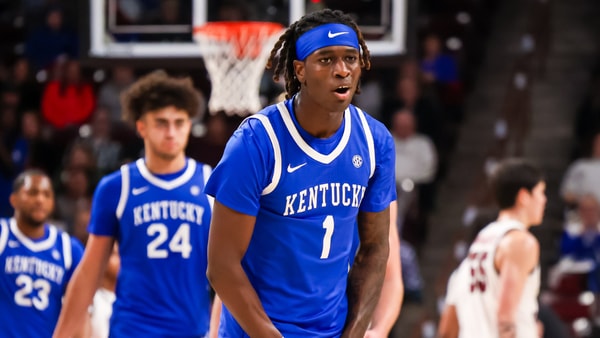
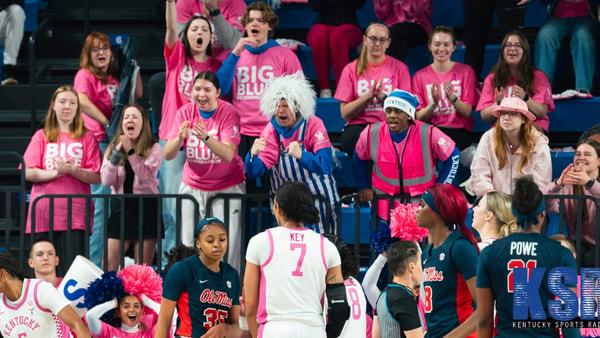
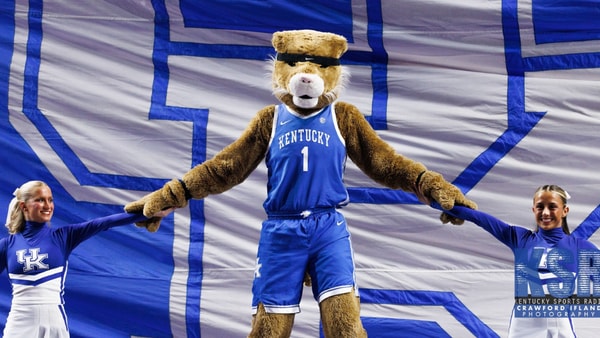
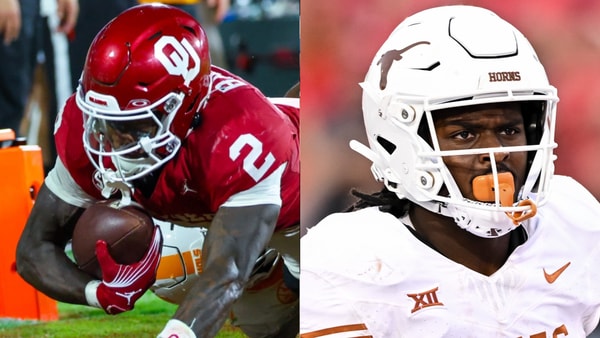

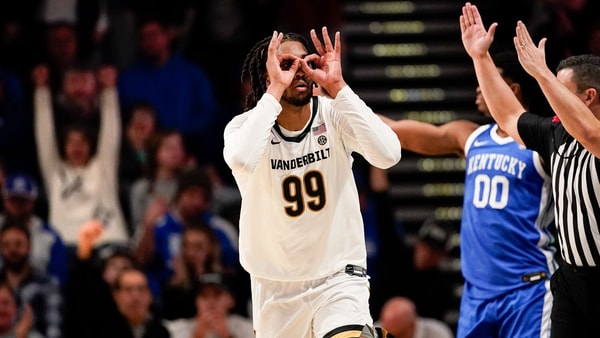
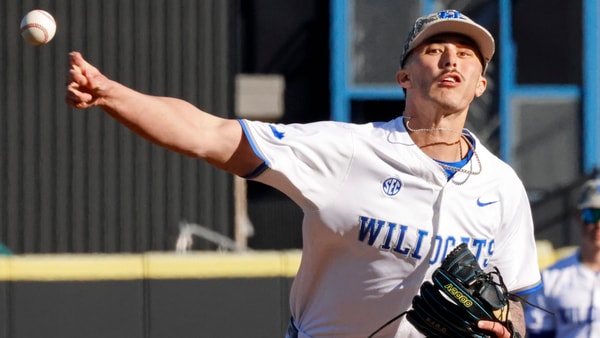
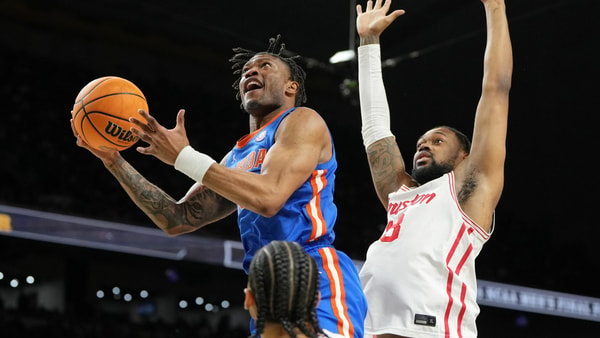
Discuss This Article
Comments have moved.
Join the conversation and talk about this article and all things Kentucky Sports in the new KSR Message Board.
KSBoard